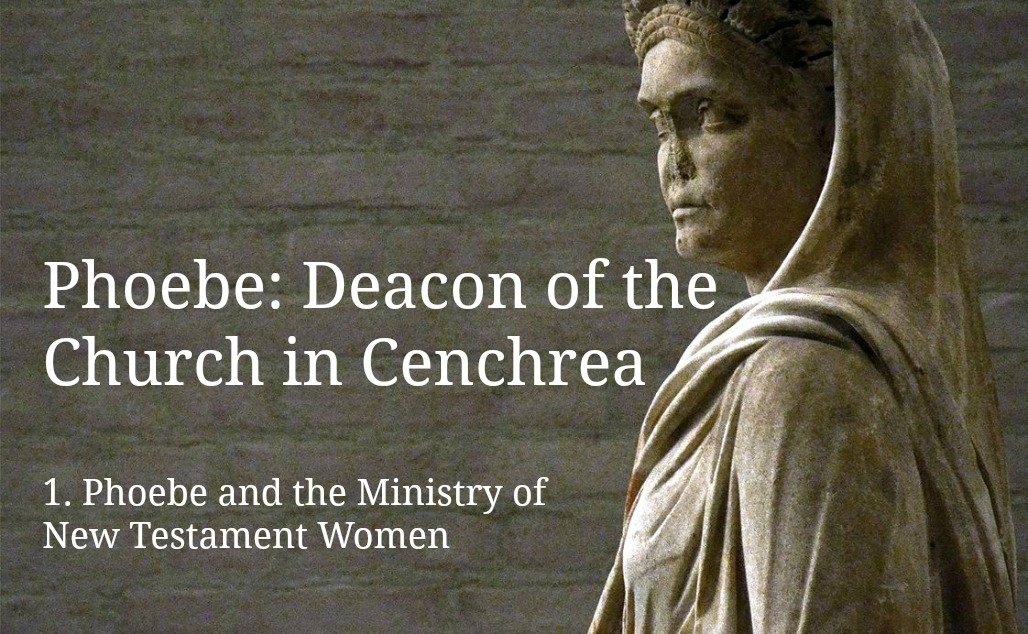JohnDB
Member
Phoebe from Romans 16:1 is a bit of controversial scripture. Paul called her a deacon. Of course this brings a host of issues to a "Man dominant" society.
From what I've been able to figure out from my research.
Phoebe was in fact a Deaconess. She was educated and financially stable living in a suburb or Corinth. She, as the trusted Currier to deliver Paul's letter to the Romans was given the same introduction as Timothy and other fledgling Apostle/disciples trained by Paul. She was expected to explain the letter she carried to the Romans in case of any queries. (Wish she was around today)
Origen talked about her as she was an official at the church in her home. Other women later were heralded as being just like her.
She was listed first, not in Jewish fashion, but in Roman fashion as being the messenger of the letter and fully capable of explaining it in minute detail if questioned.
She wasn't relegated to just children's ministry, although I'd dare say she wouldn't shirk it if it was needed. But she was fully capable of of teaching men and women. (She was rich and educated...a rarity in Roman society)
She may not have been a "leader" but she was an official and a teacher and a diligent worker on behalf of the church.
It was part and parcel with the Roman style of Patron/benefactor and pride/shame cultural makeup of Roman society.
From what I've been able to figure out from my research.
Phoebe was in fact a Deaconess. She was educated and financially stable living in a suburb or Corinth. She, as the trusted Currier to deliver Paul's letter to the Romans was given the same introduction as Timothy and other fledgling Apostle/disciples trained by Paul. She was expected to explain the letter she carried to the Romans in case of any queries. (Wish she was around today)
Origen talked about her as she was an official at the church in her home. Other women later were heralded as being just like her.
She was listed first, not in Jewish fashion, but in Roman fashion as being the messenger of the letter and fully capable of explaining it in minute detail if questioned.
She wasn't relegated to just children's ministry, although I'd dare say she wouldn't shirk it if it was needed. But she was fully capable of of teaching men and women. (She was rich and educated...a rarity in Roman society)
She may not have been a "leader" but she was an official and a teacher and a diligent worker on behalf of the church.
It was part and parcel with the Roman style of Patron/benefactor and pride/shame cultural makeup of Roman society.







